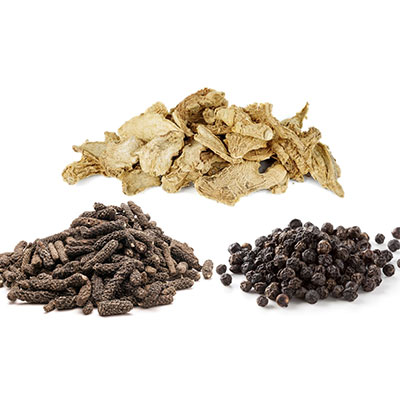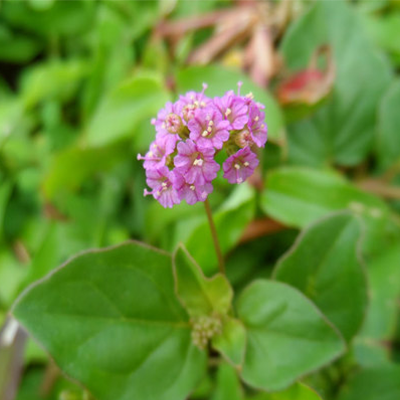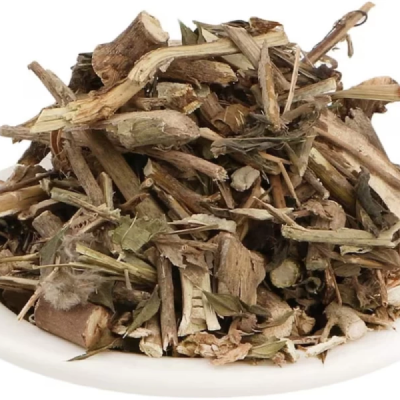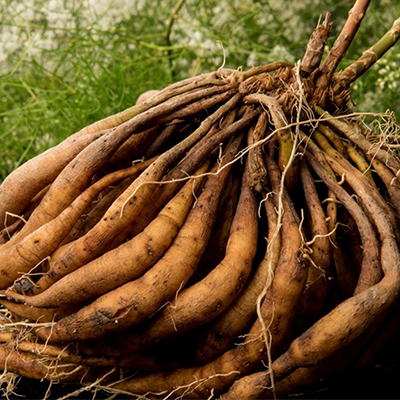Hyponatremia is a condition in which the level of sodium in the blood is abnormally low. Sodium is an essential electrolyte that helps regulate water balance in and around your cells, nerve function, and muscle contractions. When sodium levels drop too low, the balance between water and sodium in your body is disrupted, leading to a variety of symptoms.
For easy understanding, think of sodium as a "traffic controller" that manages the movement of water in and out of your cells. If there isn’t enough sodium, water enters the cells excessively, causing them to swell. This swelling can be particularly dangerous in the brain.
What Happens in Hyponatremia?
1. Water Overload in Cells:
- Low sodium levels cause water to move into the cells, making them swell.
- Swelling of brain cells is especially dangerous and can cause confusion, seizures, or even coma.
2. Disrupted Communication:
- Sodium helps nerves send signals. Low sodium can disrupt this, leading to symptoms like weakness or mental fog.
Symptoms of Hyponatremia
Symptoms can vary depending on how severe and how quickly it develops:
Mild Symptoms:
- Nausea and vomiting.
- Headache.
- Fatigue or weakness.
Moderate to Severe Symptoms:
- Confusion or difficulty concentrating.
- Muscle cramps or spasms.
- Seizures.
- Loss of consciousness or coma in severe cases.
Causes of Hyponatremia
- Excess Water Intake: Drinking too much water dilutes sodium levels in the blood (e.g., during endurance sports).
- Medical Conditions: Heart failure, kidney disease, or liver disease can cause water retention and dilute sodium. Hormonal imbalances, such as low levels of aldosterone or cortisol.
- Medications: Diuretics, antidepressants, or painkillers can interfere with sodium balance.
- Severe Vomiting or Diarrhoea: Excessive loss of sodium through bodily fluids.
- Syndrome of Inappropriate Antidiuretic Hormone (SIADH): The body produces too much antidiuretic hormone, leading to water retention and diluted sodium levels.
Risks and Complications of Hyponatremia
Swelling in the Brain:
- Severe cases can lead to life-threatening brain swelling.
- Seizures:
- Electrolyte imbalances can disrupt brain activity.
Chronic Effects:
- Long-term hyponatremia may affect cognition and overall health.
Ayurvedic Perspective on Hyponatremia
In Ayurveda, hyponatremia can be linked to an imbalance in Kapha Dosha (water and earth elements) and Rasa Dhatu Kshaya (depletion or imbalance in the body's fluids). It is seen as a disorder caused by excess water retention, improper digestion, or weakened bodily channels (srotas).
Ayurvedic Treatment for Hyponatremia
Ayurvedic treatment focuses on restoring fluid and electrolyte balance, improving digestion, and addressing underlying imbalances in Kapha Dosha and Rasa Dhatu.
Panchakarma Therapies
- Virechana (Purgation Therapy): Helps eliminate excess Kapha and toxins from the system.
- Abhyanga (Oil Massage): Restores balance and improves fluid circulation.
Dietary Recommendations
Foods to Include:
- Warm, light, and easily digestible foods.
- Natural electrolytes like tender coconut water (in moderation).
- Pomegranate, raisins, and dates to nourish Rasa Dhatu.
Foods to Avoid:
- Cold, heavy, and oily foods that aggravate Kapha.
- Excessively salty or overly sweet foods.
Lifestyle Modifications
Hydration Awareness:
- Drinking water in moderation and only when thirsty to avoid overhydration.
Yoga and Pranayama
- Gentle poses like Tadasana (Mountain Pose) and Balasana (Child's Pose) help improve circulation.
- Pranayama (breathing techniques) like Nadi Shodhana helps balance Kapha.
Rasayana Therapy (Rejuvenation)
Chyawanprash:
Improves overall vitality and strengthens the body.
Amalaki Rasayana (Indian Gooseberry Tonic):
Nourishes the body and supports electrolyte balance.
Herbal Remedies
Trikatu (Three Pungent Herbs: Black Pepper, Long Pepper, and Ginger):
Stimulates digestion and prevents Kapha accumulation.
Punarnava (Boerhavia diffusa):
Acts as a natural diuretic and balances water retention.
Dashamoola (Ten Roots Formula):
Helps reduce water retention and strengthen the body.
Ashwagandha (Withania somnifera):
Improves overall vitality and balances electrolytes.
Shatavari (Asparagus racemosus):
Hydrates the body and improves electrolyte absorption.
Hyponatremia can significantly affect physical and mental health if not addressed promptly. Modern medicine provides effective methods for restoring sodium levels and treating underlying causes. Ayurveda offers a holistic approach, focusing on balancing doshas, strengthening digestion, and maintaining proper hydration levels. A combination of both approaches can provide comprehensive care and promote long-term well-being.








